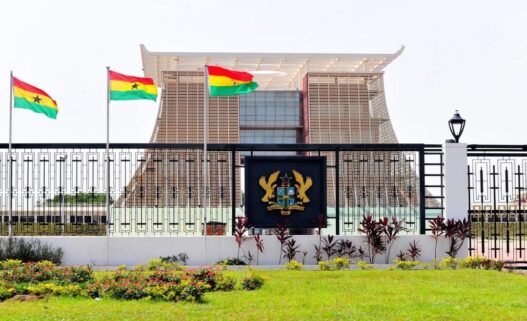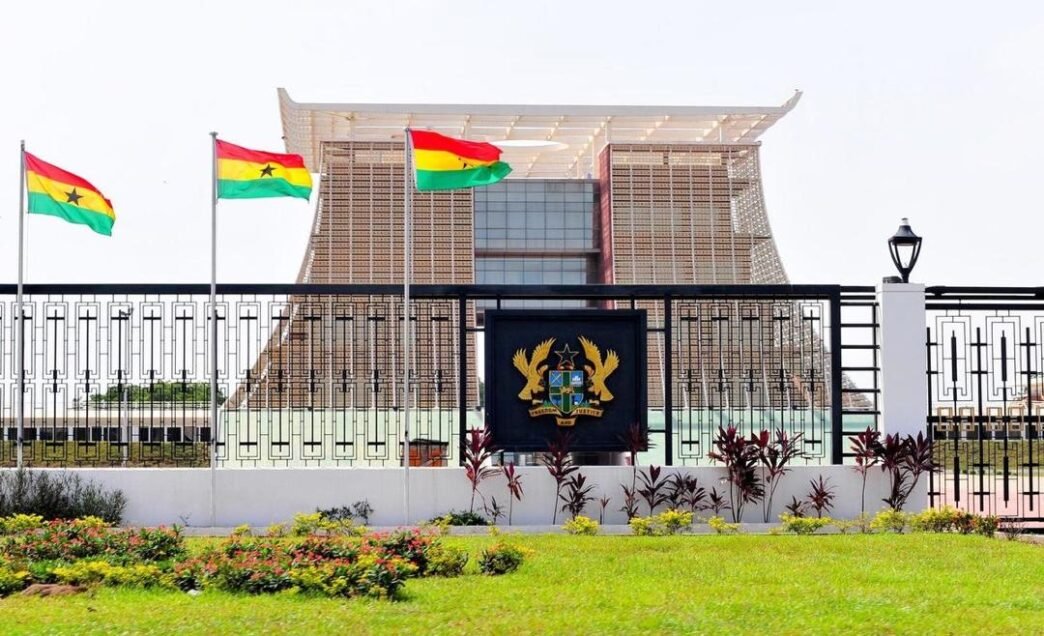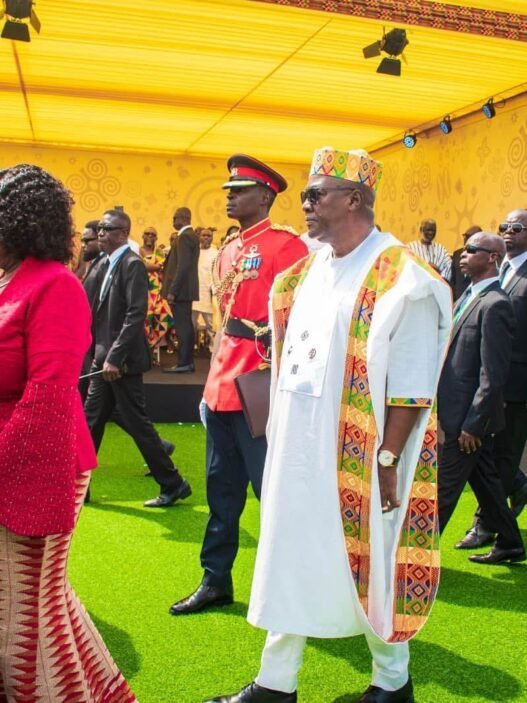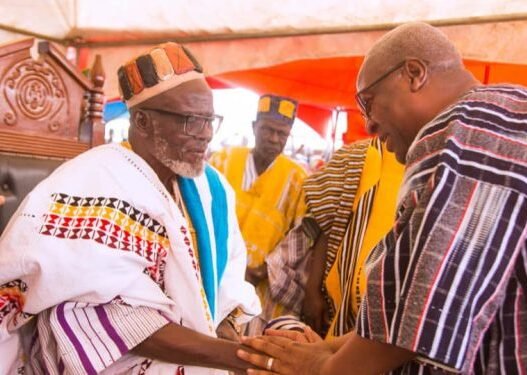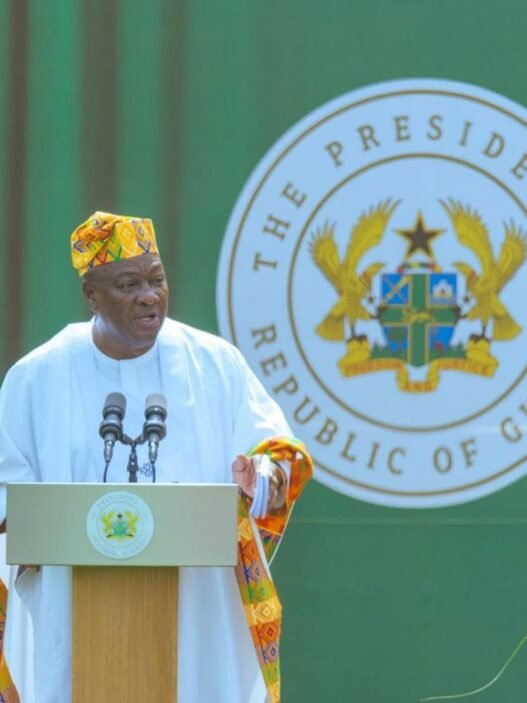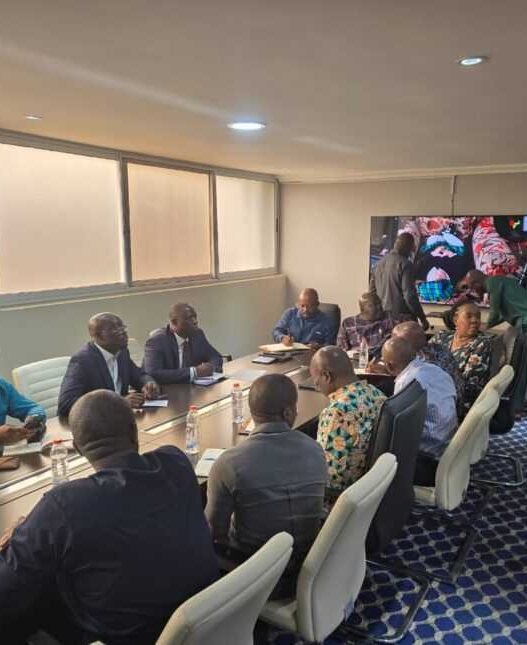Ghana’s Jubilee House, also known as the Presidential Complex, stands as a monumental symbol of the country’s political power, leadership, and the changing tides of its history. While it is today regarded as the official residence and office of the President of Ghana, its origins, evolution, and the controversy surrounding its naming offer a rich narrative of Ghana’s political landscape since independence. This article delves into the history of the Jubilee House, tracing its roots back to the colonial era, examining its transformation, and exploring the debates surrounding its name, particularly the contentious shift from its original name, the Flagstaff House.
Colonial Beginnings: The Flagstaff House
The history of Ghana’s presidential residence can be traced back to the era of British colonial rule. Prior to independence in 1957, Ghana (then the Gold Coast) did not have an indigenous presidential residence. Instead, British colonial governors lived in a grand residence that was located on the northern edge of the capital, Accra. This building, which was constructed during the colonial period, was called the Flagstaff House, and it was from here that the British colonial government exercised control over the Gold Coast. The name “Flagstaff” was derived from a flagstaff that stood in the vicinity of the residence, signifying the colonial administration’s presence.

The Flagstaff House was thus initially a symbol of British imperial power, a colonial outpost where governors conducted their official duties. After Ghana gained independence in 1957, the residence continued to serve as the official residence and office of the President of Ghana. Its name was retained during the First Republic under President Kwame Nkrumah, Ghana’s first president, who also used the Flagstaff House as his official residence.
The Shift to Jubilee House
The transformation of the Flagstaff House into the Jubilee House occurred over several decades, especially with the political changes that followed the military coups and the rise and fall of various governments in Ghana. By the early 21st century, the need for a new and more modern presidential palace became apparent, driven in part by the aging infrastructure of the Flagstaff House and the desire to have a more secure and spacious facility befitting the office of the President.
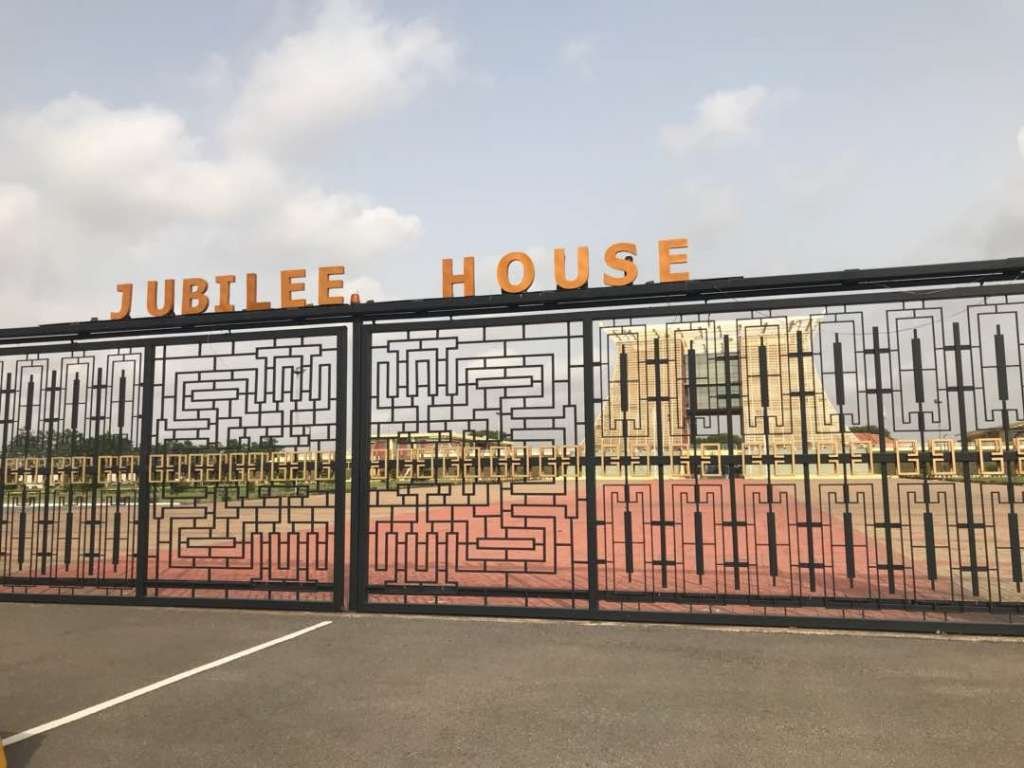
The construction of the Jubilee House began in the early 2000s under the administration of President John Agyekum Kufuor. The project, named the Jubilee House, was a part of Ghana’s commemoration of its 50th independence anniversary in 2007. The new presidential complex was intended to reflect the nation’s newfound pride and to mark a significant milestone in Ghana’s political history. The name “Jubilee House” was chosen to honor Ghana’s Golden Jubilee, the 50th anniversary of its independence from British colonial rule. The construction, funded through a mix of government financing and international partnerships, began in earnest during Kufuor’s presidency and was completed in 2008 during his final year in office.
The name “Jubilee House” symbolized both celebration and renewal, marking the nation’s democratic strides, economic progress, and its growing status as one of the most stable democracies in Africa. It also reflected a departure from the colonial era, as Ghana sought to establish a presidential residence that represented the modern, independent, and sovereign nation-state.
The Controversy: The Debate Over the Name
Despite the historical and symbolic significance of the Jubilee House, the renaming of the Flagstaff House to Jubilee House was not without controversy. The debate primarily centered around two key concerns: political symbolism and historical continuity.
- Political Symbolism and Legacy of the Flagstaff House For many Ghanaians, the name “Flagstaff House” carried significant historical weight. It was not just the residence of the President, but a symbol of the country’s independence and sovereignty. The Flagstaff House had witnessed numerous key moments in Ghana’s political history, including the end of the colonial era, Kwame Nkrumah’s leadership during the First Republic, the tumultuous years of military regimes, and the return to democracy in the 1990s. For many, the decision to change the name was seen as an attempt to erase a part of Ghana’s history. It represented a move away from a symbolic space that had stood the test of time as the heart of the nation’s leadership. Critics of the renaming also argued that the Flagstaff House embodied the spirit of Ghana’s founding fathers, particularly Nkrumah, who made significant contributions to the country’s independence. They believed that retaining the original name would honor Ghana’s struggle for freedom and preserve the continuity of its political legacy.
- The Need for a Modern Symbol of Leadership On the other hand, supporters of the renaming contended that the move to Jubilee House was a necessary step towards modernizing the presidential complex and creating a new identity for Ghana’s political institutions. As a part of a broader effort to develop new national symbols, such as the construction of modern airports, roadways, and public infrastructure, the Jubilee House was seen as a reflection of Ghana’s progress and aspirations in the 21st century. Additionally, for the administration of President Kufuor, renaming the residence to Jubilee House symbolized a celebration of Ghana’s democratic achievements, especially with the country’s peaceful transitions of power through free and fair elections. The name “Jubilee House” was intended to represent a new beginning for Ghana and serve as a beacon of the country’s new democratic era.
The Flagstaff House and Jubilee House: What’s in a Name?
The debate over the name of the presidential residence brings to the forefront important questions about national identity, the preservation of history, and the balance between honoring the past and moving towards the future. For some, the Flagstaff House represented an era of struggle, independence, and political transition, whereas the Jubilee House symbolized a modern Ghana—economically stable, politically mature, and engaged in global diplomacy.
The Current Role of Jubilee House
Today, Jubilee House remains the official residence and office of the President of Ghana. It continues to serve as the focal point of political power and authority in the country. The building houses the President’s office, the Vice President’s office, and several important government departments, and it is often the venue for high-profile meetings with both local and international leaders.
While the name “Jubilee House” remains, the debate over its significance and its contrast with the historical “Flagstaff House” is a reminder of the ongoing dialogue between tradition and progress in Ghanaian politics. As the country moves forward, the story of the presidential residence will continue to be shaped by the forces of history, national pride, and the evolving nature of Ghana’s political leadership.
Conclusion
The history of Ghana’s Jubilee House is not just a tale of bricks and mortar but one that reflects the political journey of the country itself. From its colonial roots as the Flagstaff House to its modern-day incarnation as the Jubilee House, the presidential residence stands as a testament to Ghana’s growth and transformation. The debates surrounding its name continue to spark discussions about national identity, history, and the future, offering valuable insight into the dynamic relationship between a nation’s past and its aspirations for the future. Ultimately, whether one refers to it as the Flagstaff House or the Jubilee House, the building remains a powerful symbol of Ghana’s political heritage and its ongoing evolution as a democratic nation.









